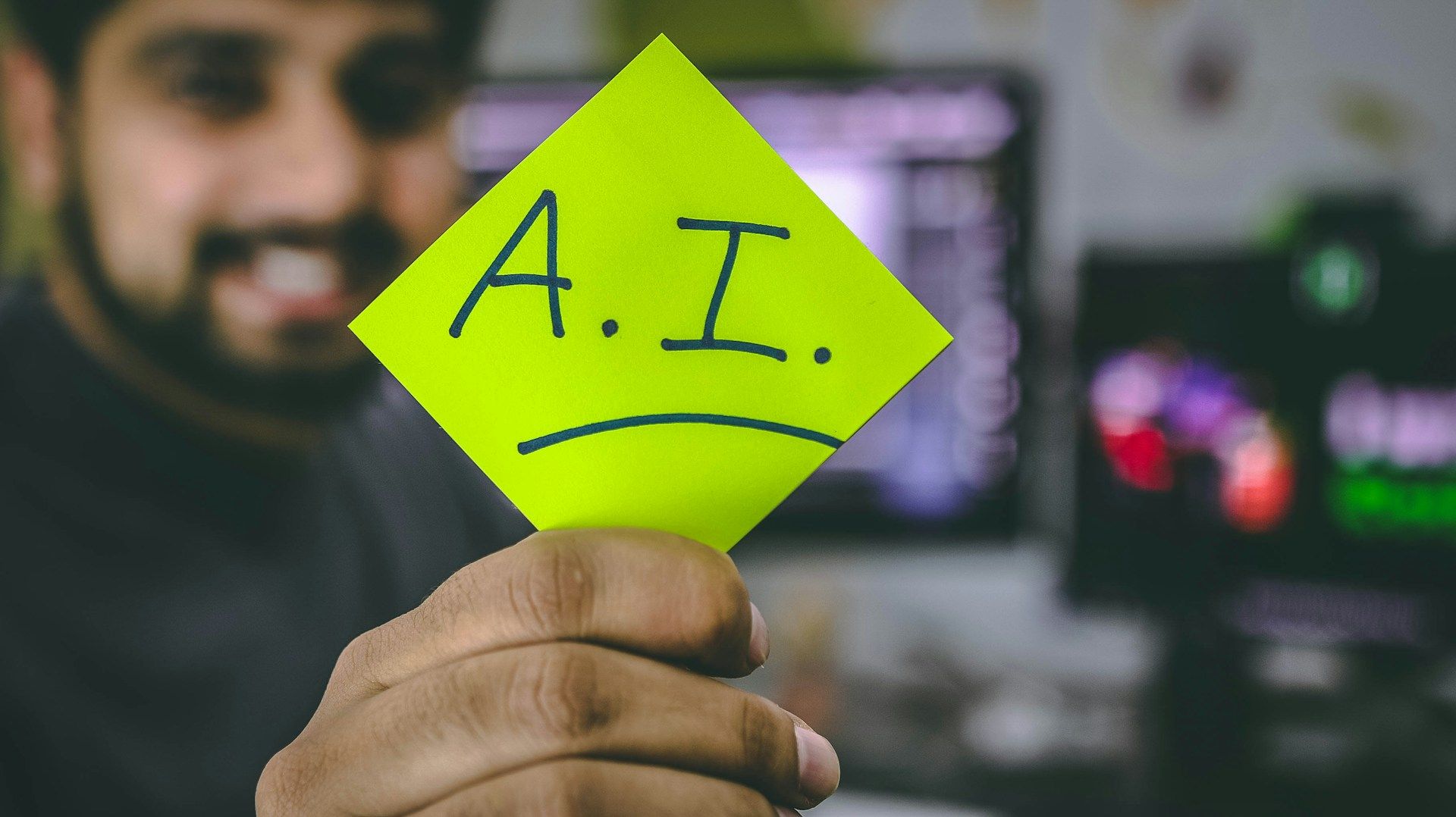- AI will revolutionize the global economy by 2030.
- China will be the greatest beneficiary of the AI revolution.
Artificial Intelligence is revolutionizing not only technology but also the global economy. According to BanklessTimes.com, AI will likely raise about $16 trillion in the global economy by 2030.
The CEO of BanklessTimes, commented:
BanklessTimes CEOAI is a game-changer for different industries within the global economy, and we must embrace it. Governments must work with businesses to use the technology more openly and inclusively.
How the World Will Gain
Of the projected $16 trillion, around $6.6 trillion could be attributed to production, with consumption patterns accounting for over $9 trillion. While AI adoption is widespread globally, not all regions contribute equally to its adoption and revenue generation.
China and North America will likely be the greatest beneficiaries of this growth. AI will likely boost China’s GDP by 26% in 2030, while North America may gain 14.5%. The two will have more than $10 trillion, almost 70% of the predicted economic impact.
North Europe is projected to grow by over 9%, with South Europe gaining over 11%. Developed Asia is likely to attract 10.4% of the global proceeds. Even developing countries are anticipated to witness significant economic gains during the projected period.
AI-Driven Economies
AI can perform in various sectors of the economy. From transport to healthcare, it offers innovative solutions to technical challenges. So far, AI applications go beyond autonomous vehicles and medicine as they can conduct predictive analysis. Thus, AI will reshape the global economy by driving efficiency.
Globally, businesses are rapidly embracing and integrating AI into their operations. Policymakers must generate laws that guide the best way to use the technology continuously. Already, the IMF has developed an AI preparedness Index to help countries gauge their level of preparedness for smooth strategy development. The preparedness index gauges digital infrastructure, labor market policies, innovations, and policy guidelines.
The index, which has been tried in 125 countries, shows a pattern. Economically solid countries and emerging markets, mainly in the Arab world, are well-placed for AI adoption. However, there are huge gaps in terms of infrastructure in developing countries. Countries like the US, Singapore, and Denmark are well prepared, with robust performance based on the preparedness index.












